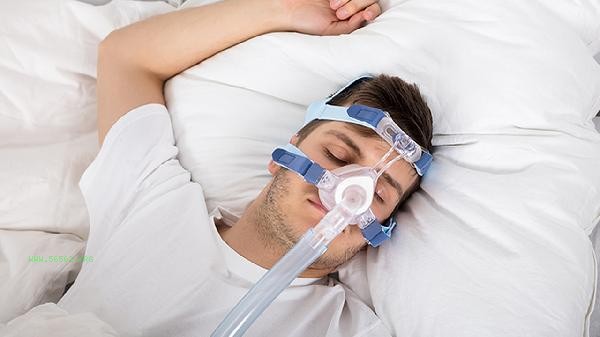Six hours of sleep per day may not be enough for boys, as most adults require 7-9 hours of sleep to maintain normal bodily functions. Long term sleep deprivation may lead to weakened immunity, lack of concentration, emotional fluctuations, and other issues. According to different physiological conditions and life pressures, sleep needs may also vary, but usually less than 6 hours is considered insufficient sleep and needs to be adjusted in a timely manner.

1 Male Sleep Time Requirements and Standards
Healthy adult males typically require 7-9 hours of high-quality sleep per day, which not only helps to restore physical strength but also promotes cardiovascular health, hormone balance, and memory consolidation. If a boy only sleeps for 6 hours in the long run, although his body may barely adapt in the short term, it may bring negative effects of sleep deprivation in the long run, such as fatigue, weakened immunity, and delayed response. Especially for teenagers or boys in their adolescence, which is a period of rapid physical and mental development, sleep time should reach 8-10 hours to meet their needs.
2 The reasons that affect the sleep duration of boys
Insufficient sleep time may come from both external and internal factors. External factors such as excessive stress, busy academic or work schedules often lead to the nervous system being in an excited state for a long time, making it difficult to enter deep sleep. Other environmental factors such as noise, excessive lighting, or unsuitable bedroom temperature may also reduce sleep time. Self factors include dietary issues such as excessive coffee intake, physiological problems such as insomnia, sleep apnea, poor lifestyle habits such as staying up late, and excessive use of electronic devices before bedtime. It is necessary to improve these factors as soon as possible and aim for a regular schedule.
3 How to deal with sleep deprivation
In order to help boys recover sufficient sleep time, adjustments can be made from the following points:
Optimize sleep schedule: stick to a fixed time for going to bed and getting up to form a biological clock pattern; Avoid sleeping late or catching up on weekends that can lead to disrupted sleep patterns.
Create a suitable sleeping environment: keep the room quiet, dim light, and temperature controlled within a comfortable range; You can choose a soft mattress and suitable pillow.
Adjust bedtime habits: Avoid using electronic devices as much as possible 2 hours before bedtime. Relaxation methods such as meditation, taking a hot bath, and reading can help you fall asleep. Avoid consuming caffeine or strong tea.
Scientific Nutritional Support: Moderate supplementation of sleep promoting foods, such as tryptophan rich milk, bananas, or magnesium rich nuts; Avoid high-fat and high sugar diets that interfere with sleep. Sleeping only six hours a day is not healthy in the long run, especially for men who are in a developmental or high-pressure state. If there is still no improvement after adjusting lifestyle habits, it is recommended to seek medical attention promptly and check for potential pathological problems, such as sleep disorders or other physical illnesses. Establishing a good sleep pattern is an essential part of a healthy lifestyle and should be given sufficient attention.






Comments (0)
Leave a Comment
No comments yet
Be the first to share your thoughts!